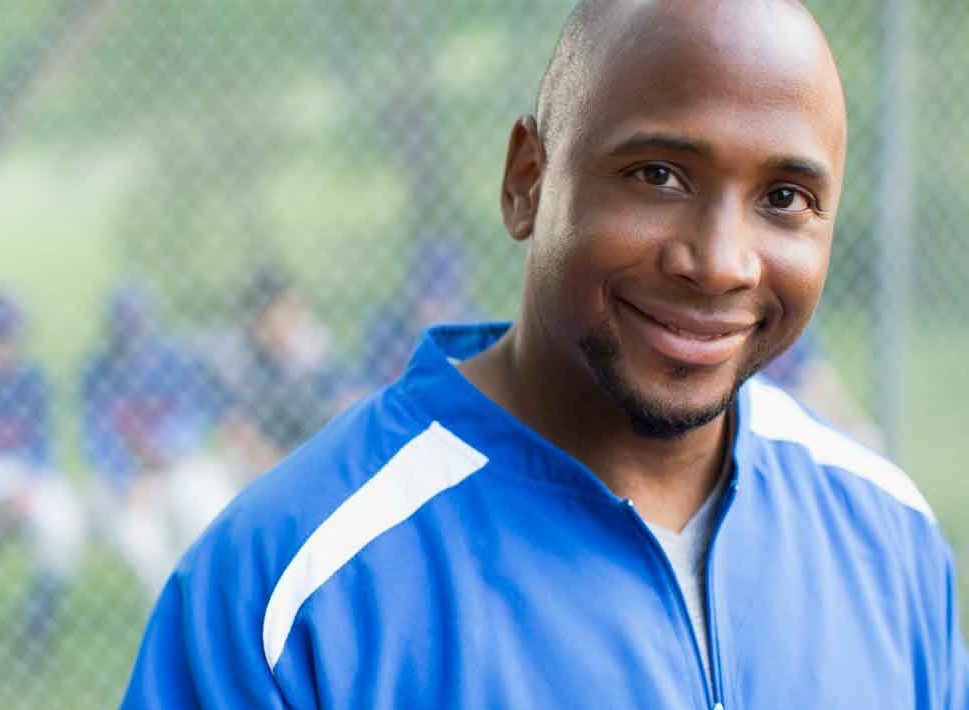Do You Need a Health Coach?

Thirty years ago, there was no such thing as a life coach. Now it’s become a huge profession. The next coaching boom lies in health. Here's what you should know.
Mariam Noorzai weighed about 280 pounds when she hired a personal nutrition coach who helped her drop to fewer than 130 pounds.
The key to the Carmarillo, Calif., woman’s dramatic change was one-on-one attention from a health coach, who essentially taught her how to eat.
YOU MIGHT ALSO LIKE: Preventing Medical Identification Theft
Noorzai had tried commercial weight reduction programs but found that she needed individual attention to lose the weight and keep it off, she said.
“I know now how to make food work for me,” she said. “I’ve introduced myself to new foods and learned where the hidden calories are,” she added. “I know how to better combine foods, like proteins and carbs. What (the coach) is teaching me is a lifetime skill, not a quick fix. It’s literally changed my life.”
While that coach focused on nutrition, other health coaches also work on other aspects of your well-being, from stress reduction to exercise to behavioral change.
Thirty years ago, there was no such thing as a life coach. Now it’s become a huge profession. The next coaching boom lies in health, says the founder of a health coaching certification program.
“Health coaches can devote more time to people than doctors are able to and build a relationship that leads to changes in your behavior that can prevent diabetes and other chronic conditions,” says Diana Hoppe, MD, of Encinitas, Calif.
Health coaches act as mentors, motivating their clients to make better decisions on their diet and exercise routines, and assist with stress reduction. That can mean better health for you and fewer doctor visits.
Hoppe, founder of Amazing Over 40, Inc., and a practicing gynecologist, became a health coach as an adjunct to her medical practice when she saw that patients needed lifestyle guidance beyond medical care.
“They needed more time and a one-on-one connection,” she said. “A lot of women want to age as gracefully as possible and want a high quality of life. To do that, you have to know how to shop at the grocery store, manage stress levels, be motivated to exercise and know about how to get there.”
Hoppe tried to help patients manage their weight during medical visits, noticing that those who she saw more frequently, talked with on the phone, and came in for measurements (accountability) “did far better than those who didn’t, and that made me think that they needed a bridge between medical visits and the rest of the lives.”
“Doctors can’t spend a lot of time with their patients,” Hoppe adds. “So, I saw health coaching as the cement to help patients reach their goals. You don’t necessarily need medication for diabetes or high blood pressure if you practice and stick to lifestyle modifications.”
But even with as many health coaches as there are now, most people probably know little about what they actually do.
“I often find that when I tell someone I’m a health coach, they have absolutely no idea what I’m talking about…. To put it simply, health coaches like me are highly educated guides in the fields of nutrition, wellness, bio-individuality and mentoring,” Sarah Haskins wrote in U.S. News.
Bio-individuality is a term health coaches use to designate the unique characteristics that make up each client’s well-being. In other words, a certain combination of lifestyle changes that will work for you probably won’t have the same effect on your best friend.
The Institute for Integrative Nutrition, the largest nutrition school in America, defines a health coach as “a wellness authority and supportive mentor who motivates individuals to cultivate positive health choices. Health coaches educate and support clients to achieve their health goals through lifestyle and behavior adjustments.”
The gap they fill in the health system can come down to simple concepts, Haskins says. The decision to “eat this, or eat that.” Making drastic changes that are overwhelming and unsustainable without help. Getting every encouragement to stay on that exercise program when you’d rather have a cookie instead.
It’s not cheap. Noorzai, for example, spends several hundreds of dollars a month for her coach’s guidance. She makes up for it by not going out at night much, foregoing manicures and pedicures, and getting her hair cut less often.
Updated:
September 13, 2023
Reviewed By:
Janet O’Dell, RN